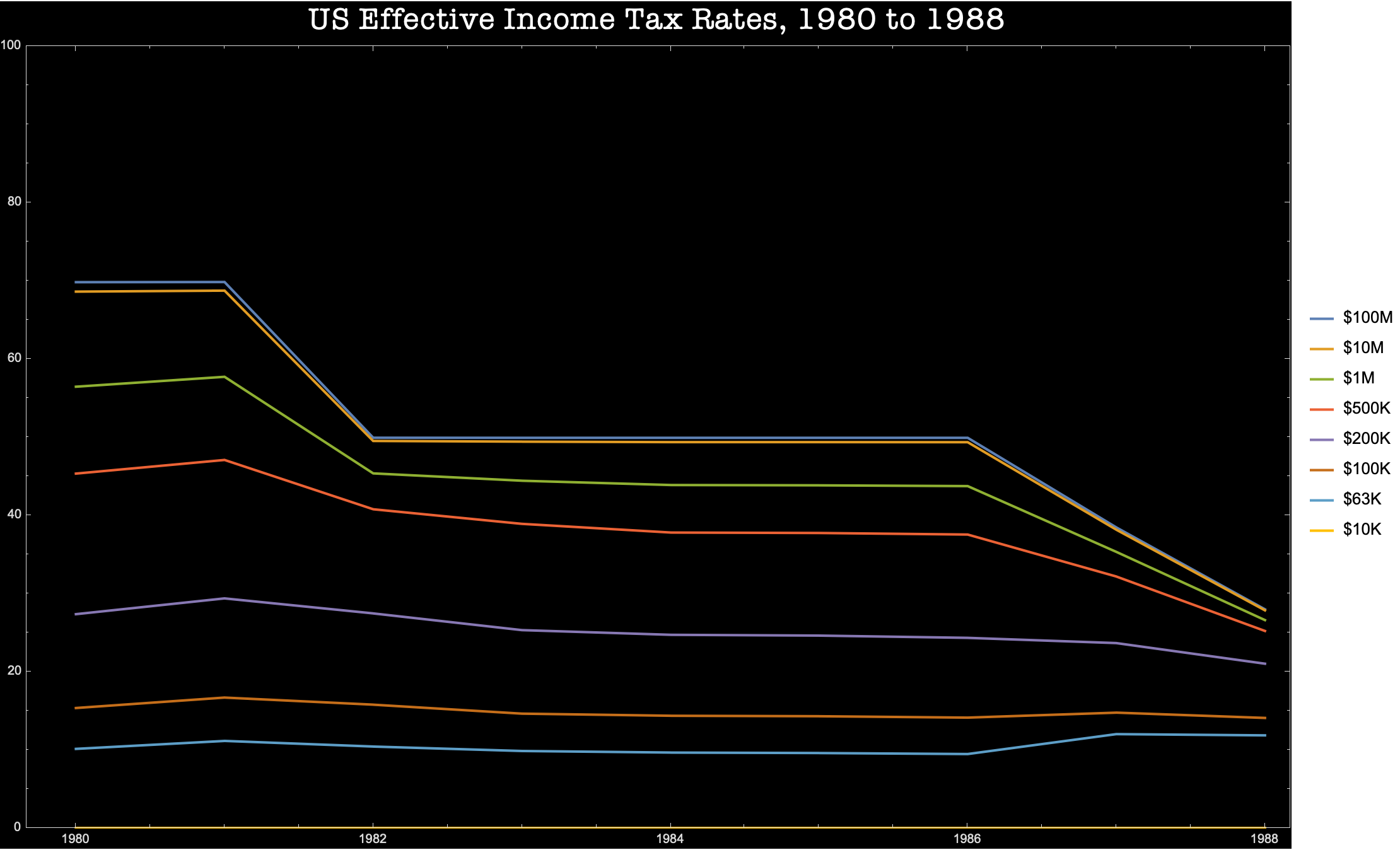Strategic Tax Planning for Fixed Rate Environments
Effective tax planning in fixed rate environments requires a comprehensive understanding of timing strategies, income recognition principles, and expense optimization techniques. While fixed rates provide stability, taxpayers can still employ various strategies to minimize their overall tax burden through careful planning and strategic decision-making.
Income timing becomes particularly important when dealing with fixed tax rates. Understanding when to recognize income, defer expenses, and utilize available deductions can significantly impact your effective tax rate. Professional tax planners often recommend analyzing multi-year tax scenarios to optimize the timing of major financial decisions and transactions.
Investment strategies also play a crucial role in fixed tax planning. Capital gains treatment, depreciation schedules, and asset allocation decisions all interact with fixed tax rates in ways that can be optimized for maximum after-tax returns. Regular portfolio reviews and tax-loss harvesting strategies remain valuable tools even within fixed rate systems.

:max_bytes(150000):strip_icc()/regressivetax.asp-final-28ca4ccf48fa48689f0907c7db951496.png)
:max_bytes(150000):strip_icc()/GettyImages-88305470-6152a026f81d4a9198db0eeb8cbca446.jpg)

